
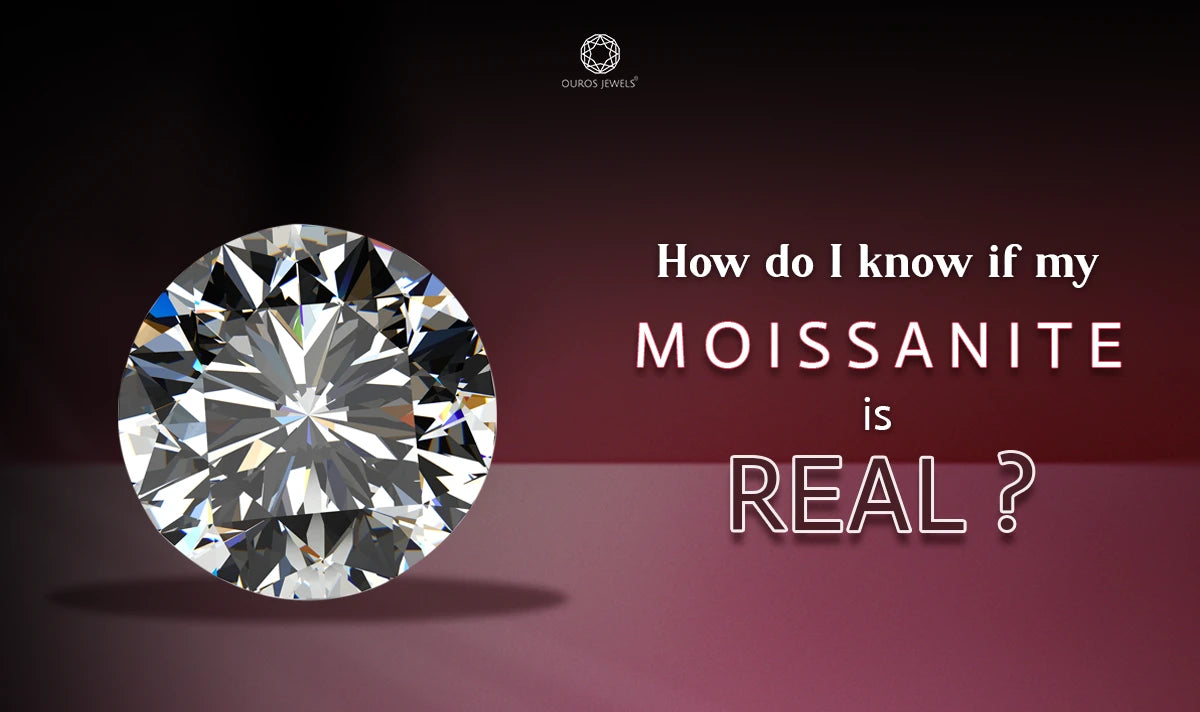
How do I know if my moissanite is real?

Moissanite, a lab-made gem that looks like a diamond, is often mistaken for the real thing but can be copied with zircon that changes color over time. Some sellers now offer certified moissanite jewelry to help buyers feel more confident in their purchases. However, the price goes up significantly with the appraisal, so it may not always be worth it.
- Check the Certificate: Make sure your moissanite jewelry comes with a certificate from a trusted gem lab. It should clearly state that the stone is moissanite, not a diamond or another gem.
- Look for Double Reflection: Moissanite has a higher refractive index than diamonds, causing double reflections. Diamonds don't show this effect, so spotting it can help confirm your stone.
- Use a Diamond Tester: These tools can detect the different electrical properties of moissanite compared to diamonds. Keep in mind, though, that not all testers can tell them apart accurately.
- Inspect the Color: Moissanite can sometimes appear slightly yellow or green under certain lights, unlike diamonds, which stay colorless. If your stone looks colorless in all lights, it might be a different gem.
Table Of Content⮟
Is Moissanite a Fake Diamond?
Moissanite looks a lot like a diamond, but it is not a "fake" diamond. Think of it like people who look very similar but are not related. These pairs are called doppelgangers. Even though they come from different families and places, they can look almost identical. If you look closely, you can spot the differences—they are not exact matches.
![["Close-up of a sparkling moissanite gemstone with a brilliant cut, displayed on a dark background with delicate white flowers in the corner.]-[ouros jewels]](https://cdn.shopify.com/s/files/1/0527/7669/8040/files/Old_Cut_Moissanite_Diamond_480x480.webp?v=1721131794)
If you haven't seen doppelgangers together, it can be easy to mix them up. Even when they are side by side, people who don't know them well might struggle to tell them apart. The relationship between moissanite and diamond is similar to this. They come from different sources and materials but look very much alike. Moissanite has its own special qualities, but most people find it hard to tell it apart from a diamond because they look so similar.
History of Moissanite
Moissanite history, a stunning gemstone made of silicon carbide, looks a lot like a diamond but has its own unique story. In 1893, French chemist Henri Moissan discovered small crystals that looked like diamonds while exploring a meteor impact site in Arizona. He thought they were diamonds for many years, but 11 years later, he realized they were something entirely new. The gemstone was named Moissanite in his honor.
Today, moissanite is a popular diamond alternative, valued for its brilliance and durability. Both natural and lab-created moissanite are used in jewelry, offering a beautiful and affordable option for those seeking something special.
Moissanite Facts
Moissanite is often found in small amounts near meteorite impact sites. Sometimes, it is also found on rough diamonds. Compared to diamonds and other gemstones used in jewelry, natural moissanite is much rarer. If we only used natural moissanite, it would be very expensive due to its scarcity. Because it is so rare and hard to find in good quality, the moissanite used in today's jewelry is created in labs.
![[Close-up of a cushion-cut moissanite gemstone on a dark background, with delicate white flowers in the corner.]-[ouros jewels]](https://cdn.shopify.com/s/files/1/0527/7669/8040/files/Cushion_cut_Moissanite_Diamond_480x480.webp?v=1721131884)
Natural moissanite crystals are usually very small and often broken. Most are around 1.5mm in size, or about 0.015 carats. The largest natural moissanite crystal ever found was just 4.1mm, roughly 0.25 carats. Because of this, lab-created moissanite is used in modern jewelry. These lab-grown stones have all the properties of natural moissanite and can be made in much larger sizes suitable for jewelry.
Moissanite is a very hard gemstone, rated 9.25 on the Mohs scale of hardness. This makes it one of the hardest gemstones, just below diamonds, which have a hardness rating of 10. Rubies and sapphires, which rate a 9 on the Mohs scale, cannot scratch moissanite. While moissanite looks similar to diamonds from a distance, it is a beautiful gemstone in its own right and is valued for more than just its diamond-like appearance.
Can a Jeweler Identify Moissanite?
Yes, a skilled jeweler or gemologist can identify moissanite. Although moissanite and diamonds look similar, experts can tell them apart.
-
How Jewelers Identify Moissanite
- Special Tools: Jewelers use tools like loupes or microscopes to check clarity and inclusions. They also use diamond testers, which measure electrical conductivity to tell if a stone is moissanite or diamond.
- Double Refraction: Moissanite has double refraction, which means you can see double lines or edges inside the stone when magnified. This helps jewelers identify it.
If you're unsure about your stone, have a qualified jeweler or gemologist check it for you.
Can the Average Person Tell Moissanite?
It's hard for the average person to tell moissanite from diamonds just by looking. Moissanite is a lab-made gemstone that looks a lot like a diamond.
-
Key Differences to Look For
- Sparkle and Fire: Moissanite sparkles more than diamonds and can show rainbow-like colors.
- Color: Moissanite may look slightly yellow or green in some lighting, while diamonds usually don't.
- Double Refraction: When magnified, you can see double lines or edges inside moissanite, which you won't see in diamonds.
While these differences can sometimes be noticed, it's best to use specialized tools or ask an expert to be sure.
Can a Diamond Tester Detect Moissanite?
Moissanite's electrical conductivity is similar to diamonds, so most diamond testers can identify it. These testers work by measuring electrical conductivity, a trait both diamonds and moissanite share.
Diamond testers are often used to check if a gemstone is real. But with moissanite becoming a popular alternative to diamonds, many people wonder if these testers can tell the difference.
To answer this, it's important to know the differences between diamonds and moissanite. Diamonds are natural stones, while moissanite is made in a lab. Moissanite also has a higher sparkle and rainbow-like effect due to its higher refractive index.
Most diamond testers measure thermal conductivity, which diamonds have due to their dense structure. Since moissanite has a different structure, these testers can't detect it.
However, there are special testers that can detect moissanite by measuring electrical conductivity. These testers are not as common as standard diamond testers and are less often used for checking gemstones.
Conclusion: Moissanite Is Real?
Moissanite is a popular diamond alternative often mistaken for a real diamond because they look so similar. However, there are easy ways to tell them apart. First, make sure your moissanite comes with a certificate from a trusted gem lab. Moissanite sparkles more than diamonds and shows double reflections, which diamonds don’t have. Most diamond testers, which check for heat, can't detect moissanite. You need special testers that measure electrical properties.
Moissanite can also show slight yellow or green tints in certain lights, while diamonds stay colorless. Skilled jewelers can tell the difference using special tools, but it’s hard for most people without expert help. Knowing these tips and using the right tools can help you verify if your stone is moissanite or a real diamond.
FAQs: How do I know if my moissanite is real?
Q.1 How can I verify the authenticity of my moissanite?
Ans. To verify if your moissanite is real, check for a certificate from a trusted gem lab. This certificate should confirm the stone is moissanite, not a diamond or other gem. Reputable sellers provide these certificates to guarantee authenticity and give buyers confidence in their purchase.
Q2. What visual clues indicate a genuine moissanite?
Ans. Real moissanite has more brilliance and sparkle than diamonds due to its high refractive index. This results in double reflections, visible as doubled lines or edges inside the stone when viewed with a magnifying tool. Also, moissanite might show slight yellow or green tints under certain lighting, unlike diamonds which usually stay colorless.
Q.3 Can a diamond tester identify moissanite?
Ans. Most diamond testers, which measure heat conductivity, cannot tell moissanite from diamonds because both conduct heat similarly. To accurately identify moissanite, you need a special tester that measures electrical conductivity since moissanite and diamonds have different electrical properties.
Q.4 Is moissanite considered a fake diamond?
Ans. Moissanite is not a fake diamond. It is a lab-made gem that looks like a diamond but has its own unique properties. While both stones may look almost the same to the untrained eye, moissanite is valued for its own brilliance, fire, and affordability, making it a popular diamond alternative.
Q.5 Can a jeweler identify if my stone is moissanite?
Ans. Yes, a skilled jeweler can identify moissanite using special tools like loupes or microscopes to check for double refraction and other specific features. They can also use testers designed to distinguish moissanite from diamonds based on their electrical conductivity.
Q.6 Does moissanite retain its sparkle over time?
Ans. Yes, moissanite keeps its brilliance and sparkle over time. It is a durable gem that resists scratches and remains beautiful, making it a long-lasting choice for jewelry.
Q.7 Can I use regular cleaning solutions for my moissanite jewelry?
Ans. Yes, you can clean moissanite jewelry with mild soap and water or commercial jewelry cleaning solutions. Moissanite is a durable gem that can withstand regular cleaning without losing its shine.
Recent Blogs
-
August 2, 2024
-
July 6, 2024
-
June 29, 2024
-
December 15, 2022


 Solitaire Rings
Solitaire Rings

 Halo Rings
Halo Rings

 Bezel Rings
Bezel Rings

 Three Stone Rings
Three Stone Rings

 Five Stone Rings
Five Stone Rings

 Bridal Set Rings
Bridal Set Rings

 Solitaire Accent Rings
Solitaire Accent Rings

 Toi Moi Rings
Toi Moi Rings

 Semi Mount Rings
Semi Mount Rings

 Custom Rings
Custom Rings
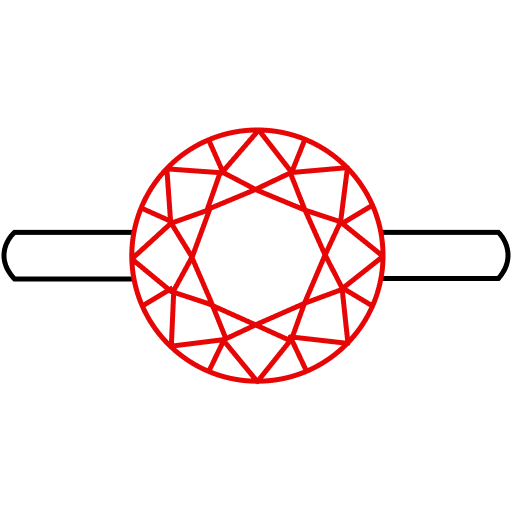
 Color Diamond Rings
Color Diamond Rings

 Lab Gemstone Rings
Lab Gemstone Rings

 Men's Rings
Men's Rings

 Round
Round

 Pear
Pear

 Oval
Oval

 Princess
Princess

 Asscher
Asscher

 Marquise
Marquise

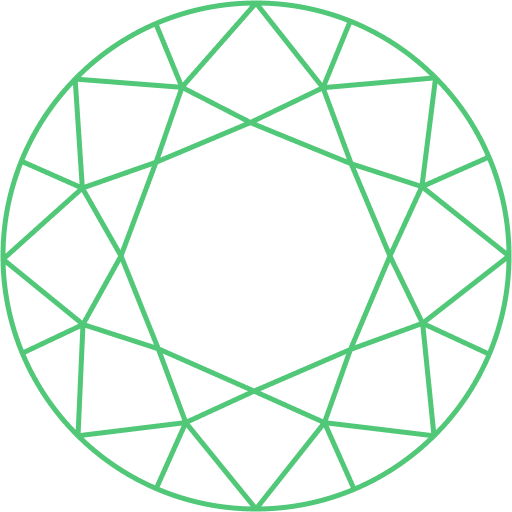 Emerald
Emerald

 Cushion
Cushion

 Radiant
Radiant

 Heart
Heart

 Old Cuts
Old Cuts
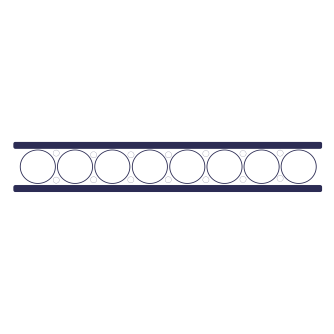
 Eternity Bands
Eternity Bands

 Dainty Bands
Dainty Bands

 Custom Bands
Custom Bands

 Men’s Bands
Men’s Bands

 Studs
Studs

 Hoops
Hoops

 Jackets
Jackets

 Dangle
Dangle

 Bridal
Bridal

 Tennis Bracelet
Tennis Bracelet

 Fashion Bracelet
Fashion Bracelet
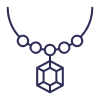
 Pendant
Pendant

 Necklace
Necklace

 Men's Jewelry
Men's Jewelry
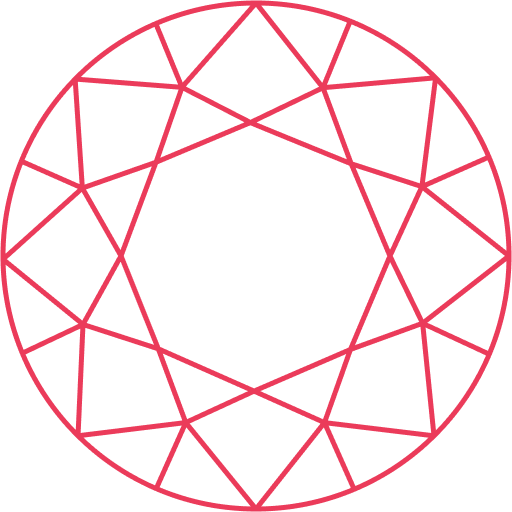
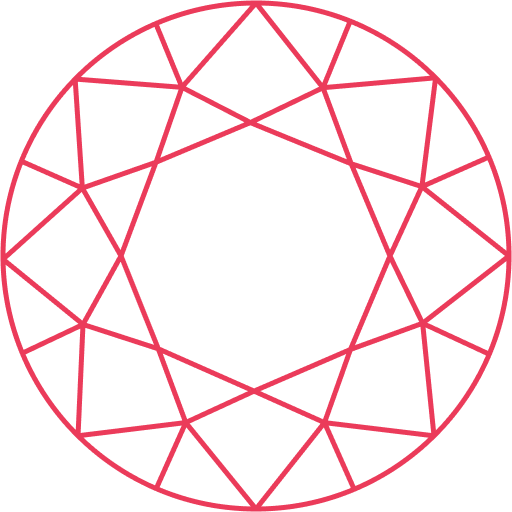 Pink
Pink

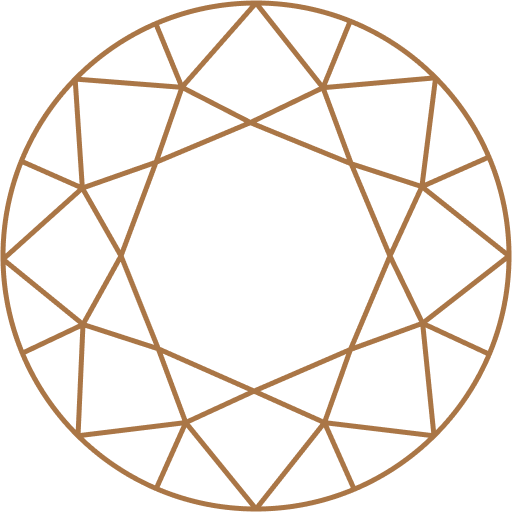 Champagne
Champagne

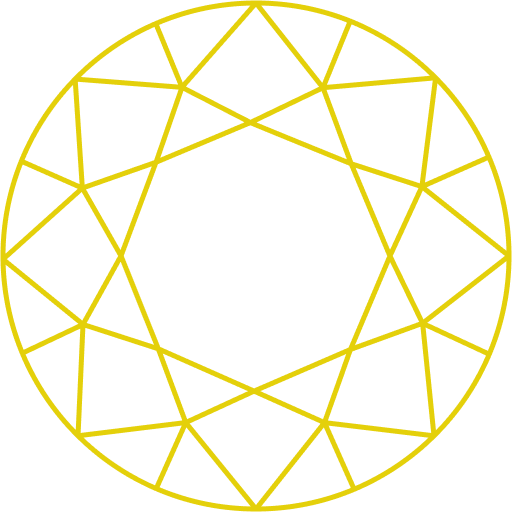 Yellow
Yellow

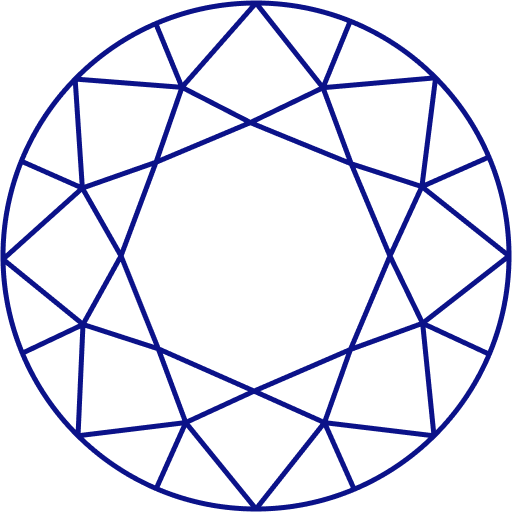 Blue
Blue

 Black
Black

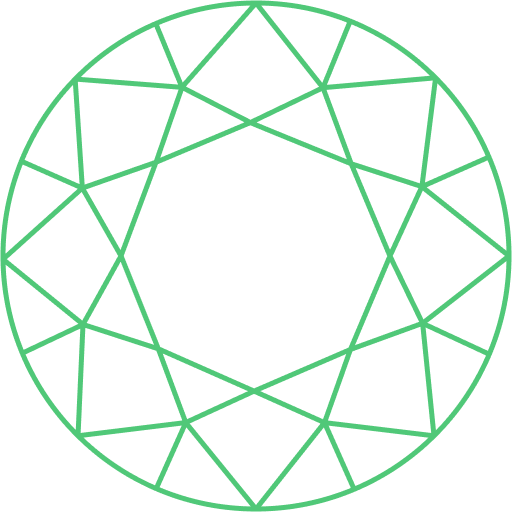 Green
Green

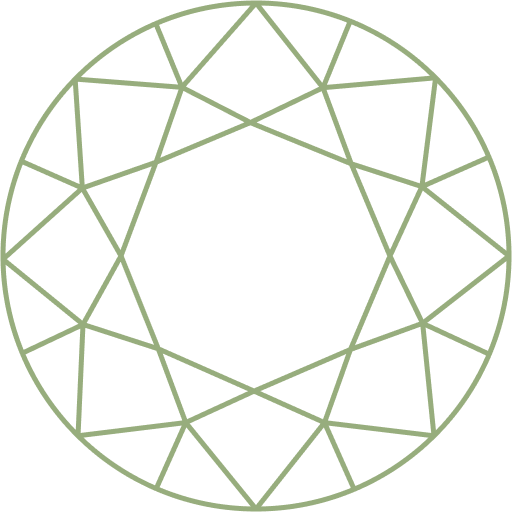 Olive
Olive

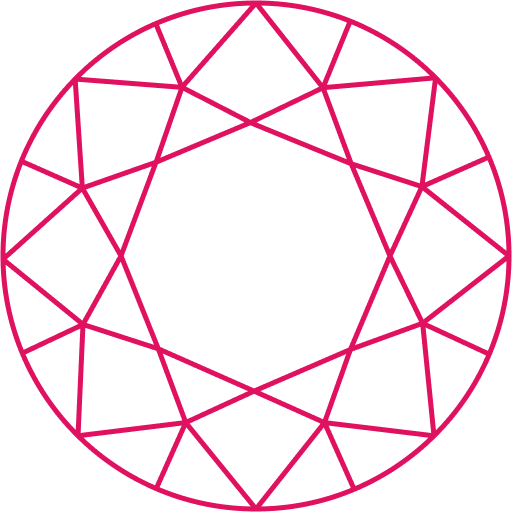 Ruby
Ruby

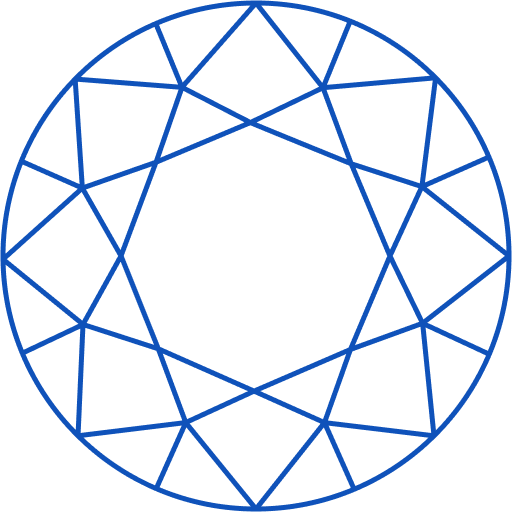 Sapphire
Sapphire

 Other Gemstone
Other Gemstone

 Old Cut Jewelry
Old Cut Jewelry

 Antique Diamond Jewelry
Antique Diamond Jewelry

 Kids Collection
Kids Collection

 Celebrity Jewelry
Celebrity Jewelry

 Old Cut
Old Cut

 Antique Cut
Antique Cut

 Matching Pair
Matching Pair

 Step Cut
Step Cut
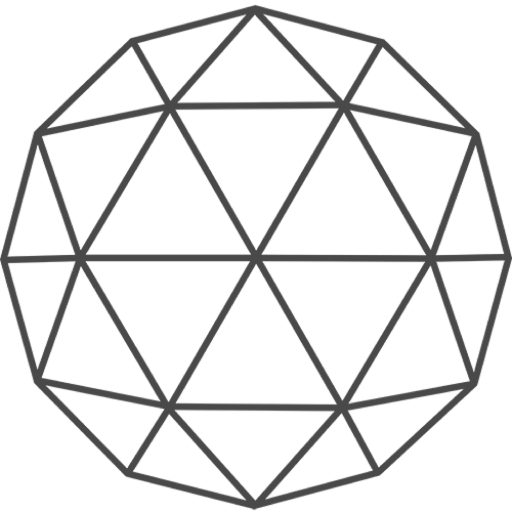
 Rose Cut
Rose Cut

 Portuguese Cut
Portuguese Cut

 Portrait Cut
Portrait Cut

 Pie Cut
Pie Cut

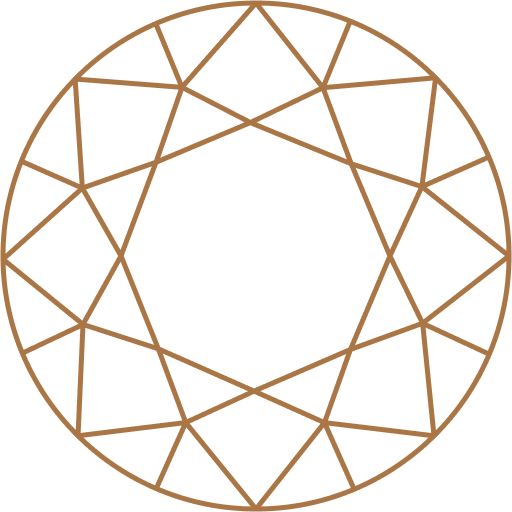 Champange
Champange

 Other
Other

 IGI-GIA Certified
IGI-GIA Certified

 8X Diamond
8X Diamond

 Ready Stocks
Ready Stocks

 OEC Round
OEC Round

 Old Mine Cushion
Old Mine Cushion

 Old Mine Moval
Old Mine Moval

 Old Mine Emerald
Old Mine Emerald

 Old Mine Asscher
Old Mine Asscher

 Old Mine Pear
Old Mine Pear

 Old Mine Heart
Old Mine Heart

 Rings
Rings

 Bands
Bands

 Earrings
Earrings

 Bracelets
Bracelets

 Anniversary Gift
Anniversary Gift

 Birthday Gift
Birthday Gift

 Gift For Her
Gift For Her

 Gift For Him
Gift For Him

 Under 300$
Under 300$

 Under 500$
Under 500$




